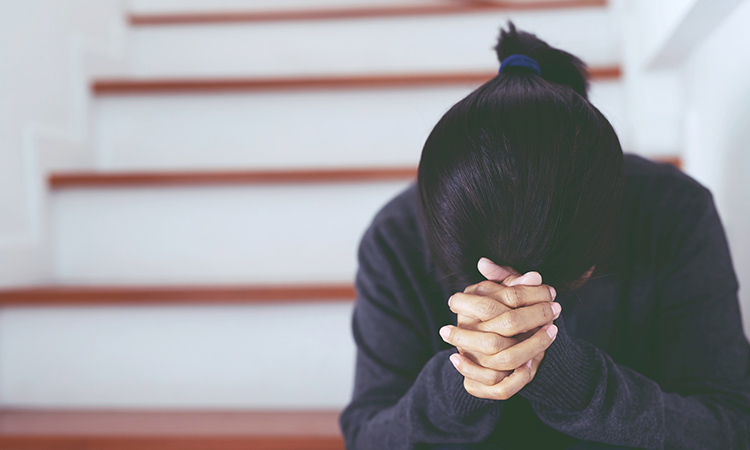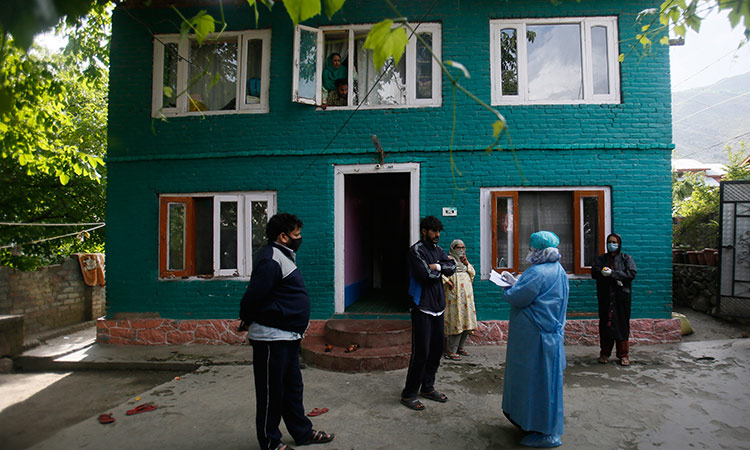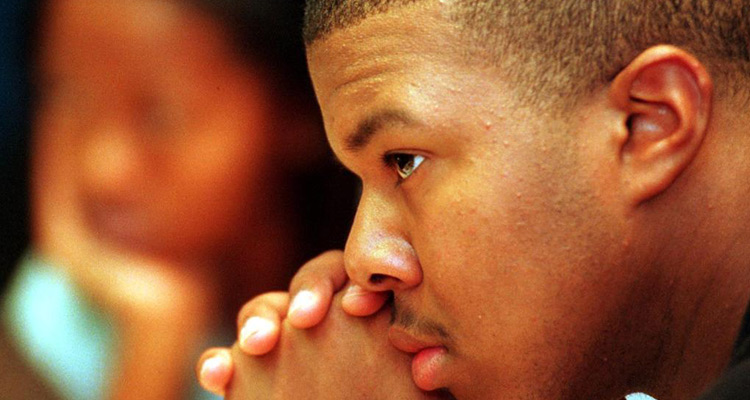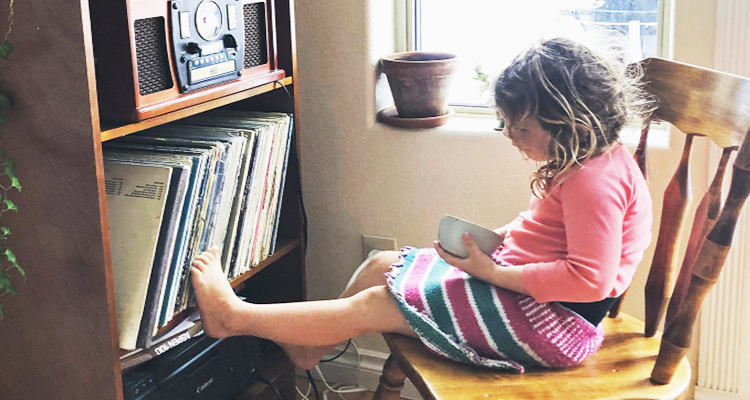It’s time to take students’ mental health seriously

This photo is used for illustrative purpose.
As students begin their first term at university, many have been hit with a series of coronavirus measures more restrictive than anything previously imposed — even during the peak of the crisis and the first nationwide lockdown in March.
We’ve heard of increased social distancing measures, self-isolation rules in halls, and concerns about how long these restrictions could be in place — something that will be especially distressing for students who have moved to new towns and cities.
It’s important, when we consider these measures, that we don’t think about them in isolation. For example, the threat of being stuck in halls and the uncertainty around how long that might last is worrying enough on its own — but that’s without taking into account everything else that students have to deal with. Coronavirus or no coronavirus.
If we remove the threat of coronavirus altogether, students, especially freshers, are already experiencing a challenging transition period at this time of year. While starting university is generally considered an exciting time, it is also a period of increased independence, of making new friends and of starting a new form of study that requires far more self-direction than anything previously experienced at college or school.
Add the impact of coronavirus to this already daunting period and students then face worries about their own health, the health of their friends and family and, for some, increased financial concerns as so many students, especially those working in the hospitality industry, will have lost their part-time jobs. The unhelpful rhetoric around young people passing the virus onto their elders is another burden to throw into the mix — and one that is completely unnecessary and uncalled for. But it is the restrictions that make all of these issues much more challenging to deal with. Being forced to self-isolate and therefore unable to make friends and develop a new support network means students are less able to share their problems. And when it comes to mental health, we all know that being able to share our experiences and relate to others is a key part of recovery.
Certain measures are of course needed to keep people well and safe from the virus. But it seems as though some students have been subject to far more stringent measures than the general public. It’s as if they are being viewed as one big community with little to no diversity, when in reality, the student population is as diverse as any other.
Some students are just starting out, some are returning students, some are mature students, some live at home and some many miles away from home. We also have international students, students studying at postgraduate or PhD level and so many more variables of student life — not to mention the personality traits that make us all unique. On top of this, we can assume that one in four students have also experienced a mental health problem at some point in their lives, meaning they may be more vulnerable to developing symptoms and becoming unwell again — particularly during times of high anxiety and stress. At Student Minds, a national charity dedicated to student mental health, we’re conscious that an overfocus on unhelpful speculations, such as the threat that students may not be able to return home for the winter break, is taking space away from necessary conversations about what students are doing to manage, and how they can get support.
We know that students are trying to make the best of a bad situation and have been proactive in establishing their own support networks and communities, although living under uncertainty for such a prolonged period can be exhausting. We must remember that, while we are trying to keep people safe, we are also removing many of our students’ coping strategies — such as spending time with friends or family — so it is essential that the government and our universities have a clear plan for how they are going to support students through these uncertain times and prepare for all eventualities.
It is crucial to balance the potential harm to student mental health against the very real threat posed by the Covid-19 pandemic. Whatever circumstances we are facing, it is vital that students are able to go about their lives in a Covid-safe environment, with minimal detriment to their mental health. Policies and guidelines made about students should always be made in meaningful co-production with students and experts in student mental health, and we expect that any decisions made impacting students meet this standard.
Students are no less likely to cooperate than the general public. But we need to make sure that those setting the rules consider and plan for the impact such rules will have on students. Like everyone else, students need to be safe from contracting or spreading the virus, but it is imperative that support plans are put in place and lines of communication kept open.
Rather than viewing students as one broad brush community, let’s remember they are going through this in their own way, and with their own unique struggles. They are the future of our country, so government policy-making needs to consider how we can help them thrive in, and complete, their university life. We need to listen, empathise and support students every step of the way.







